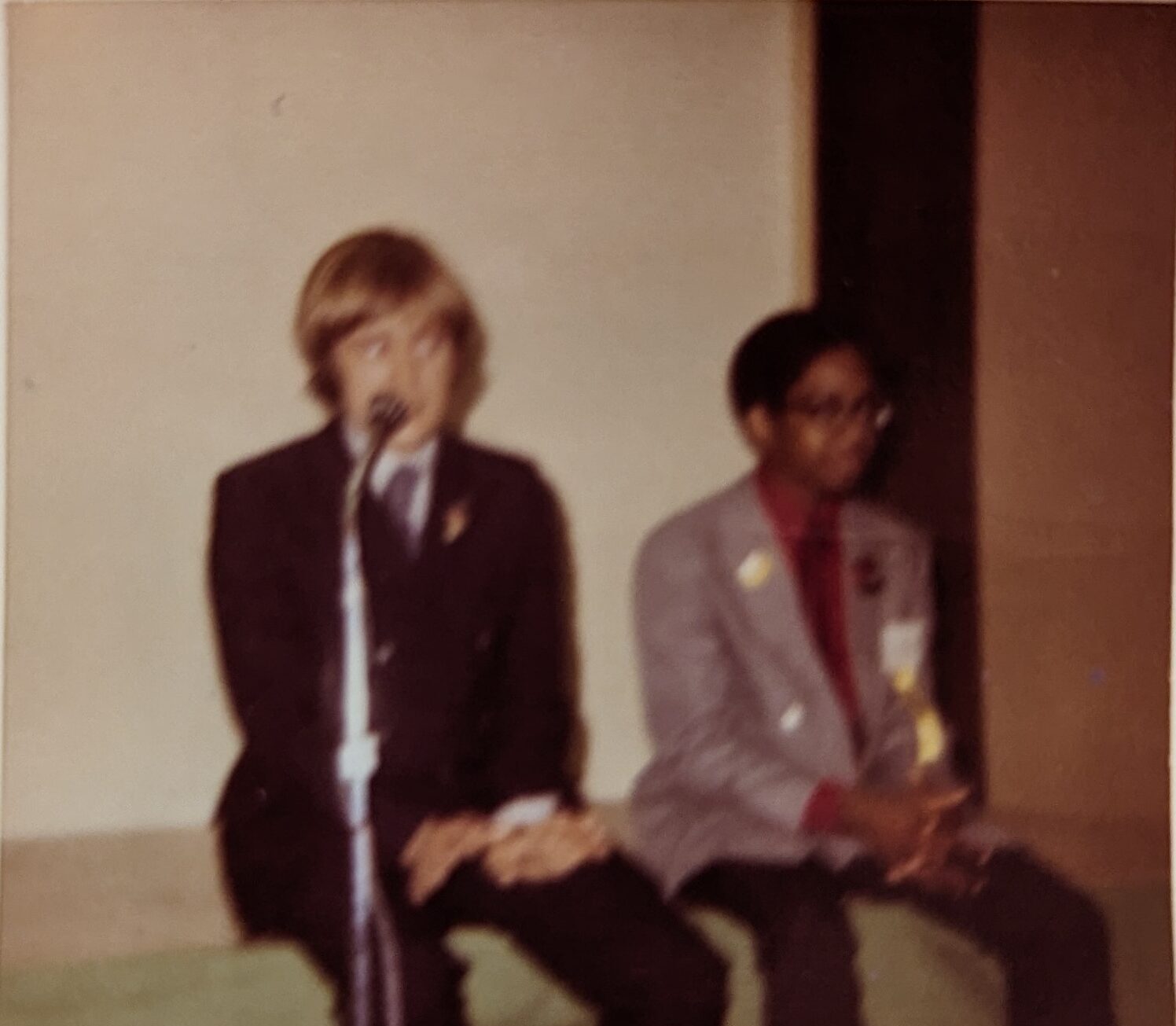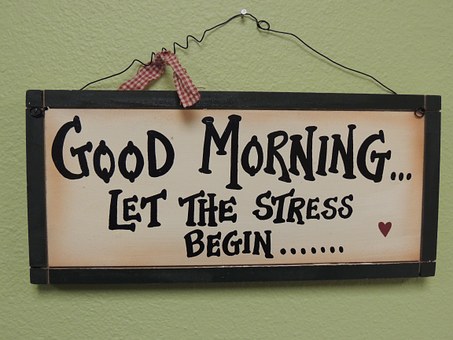“Find lightness and humor in each day. There is a lot to be worried about, and with good reason. Counterbalance this heaviness with something funny each day …” Margie Donlon, psychologist
This is why I’m sharing this post from Vu Le, a respected nonprofit professional, writer, speaker, and founder of Nonprofit AF. I love his bio that says, “Vu’s passion to make the world better, combined with a low score on the Law School Admission Test, drove him into the field of nonprofit work, where he learned that we should take the work seriously, but not ourselves. There’s tons of humor in the nonprofit world, and someone needs to document it.”
Fortunately for us, that someone is Vu. Here is his post, shared with permission, and abridged for space. Enjoy!
Honest email auto-replies you can use during these challenging times by Vu Le
Hi everyone. The past few months have been ridiculous. If you’ve emailed me, you literally got this auto-response back:
“Hi. This is an automatic reply. Due to parenting and homeschooling two small children, I will be slow to respond to emails. And I’ll be honest, I may forget to respond completely. If something is urgent, please call or text me. Thank you. Vu.”
This has actually been extremely helpful to have in place, as folks have been a lot more understanding when they hear from me three months after they email. Things are not normal. We all need to be a little more honest with one another in our communications. With that in mind, here are some auto-responses I drafted to serve as inspiration for you all. Feel free to adapt them to suit your needs:
General: “Hi, thank you for your message. This auto-response is to let you know that due to the pandemic, election anxiety, and other factors, it may take me some time to respond if I ever get around to it. If you need immediate assistance, I hope you find it somewhere.”
For parents of small children: “Hello, this is an auto-response. I am a parent with small children, so I am constantly exhausted and frazzled and it may take some time before I get back to you. My kids are a joy and it is so wonderful to get to spend so much time with them. It’s like getting to eat your favorite ice cream! But a whole gallon of it! Every day! If something is urgent, it’s best to call me, but keep in mind that there will be screaming and crying and the smoke alarm might go off during our chat because Chloe might be trying to set the couch on fire again. I look forward to a conversation with an actual human adult, so please call me! Especially if you understand these new ways that kids are being taught how to do second-grade math!”
For exasperated BIPOC folks: “Hi, this is an auto-reply letting you know that as a [Black, Indigenous, woman of color, etc.] I am exhausted by the relentless assault on my safety and chance at happiness these past four years, and also since always. It might take me a while to get back to you because I’m tired of fighting and deserve a break so I am just going to be growing hybrid flowers on Animal Crossing New Horizons and making them into hats. If you are white, especially if you are a cisgender straight white dude, here’s my Venmo and Cash App so you can pay for some of the emotional labor I’ve had to do to educate you about various stuff over the years.”
For grantwriters putting up with BS: “Thank you for emailing me. This is an auto-reply. I will get back to you as soon as I finish these 18 grant proposals that for some reason are all due next week. Despite the pandemic and the threats to our communities, many funders continue to operate as if things are completely normal. Which is why I still have to answer inane-ass questions like ‘please explain your organization’s history, mission, vision, values, evaluation strategies, and recent successes in 100 words or less.’ Thank you for your patience…unless, you’re one of these funders who are forcing nonprofits to waste our time, in which case, screw you. (Haha, just kidding. You know, grantwriter humor and all. Please give us money!)”
For nonprofit directors: “Thank you so much for your message. This auto-reply is to let you know that I received your email and that I will get back to you as soon as possible. However, right now we are dealing with multiple challenges, including cashflow issues, Zoom fatigue, and general stress and chaos. Half the team is gone due to furlough and layoffs. Also, since the office has been empty, there is a mice infestation that started attracting rattlesnakes. Thank you for your understanding. If you would like to donate to our Rattlesnake Relocation Fund, please click the donate button on our website.”
For overwhelmed DEI consultants: “Hi, this is an automatic reply. If you are contacting me for a training or facilitation on undoing racism, advancing equity, etc., there is a 6-to-12-month waiting period. Y’all should have done this way before it was popular to do so. Feel free to contact another consultant, or else let me know you want to be on this waiting list. Meanwhile, use this time to find money, because this is exhausting for me so it’s not going to be cheap for you.”
For existentialists: “This is an auto-response. I will try to get back to you as soon as I can. But what exactly is the point of doing so? Life is a loose collection of primal screams echoing in the Void. As Heinrich Böll once said, ‘I am a clown…and I collect moments.’ Are we not all clowns putting on the makeup of professionalism, collecting moments of productivity and meaning to display in gaudy curiosity cabinets for other clowns to gawk at? Your email and my response are nothing but a series of ritualized actions to distract us from the horrors of inevitable oblivion.”
—
Thank you, Vu! You can read more of his posts at Nonprofit AF. [Image by Priscilla Du Preez on Unsplash]





 Ready to move forward
Ready to move forward




